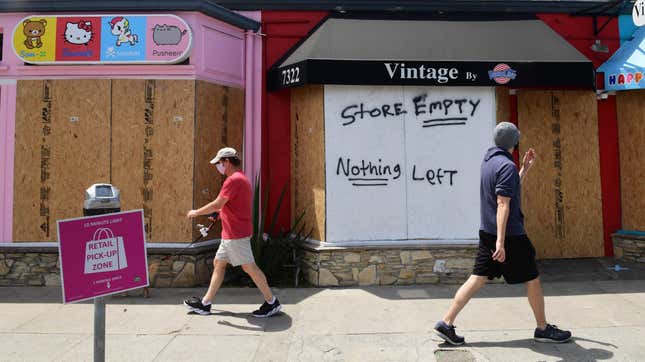'Cancel Culture' Still Isn't Real
Latest

Earlier in June, a conservative journalist named Fiona Moriarity-McLaughlin faced the wrath of Twitter after a video of her seemingly asking a man boarding up a storefront in Santa Monica if she could hold his drill for a photo went viral. It was shared by celebrities including Ava DuVernay and Lebron James, and Moriarity-McLaughlin was doxxed after her full name, home address, and phone number were posted on social media.
-

-

-

-

-

-

-

-

-

-

-

-

-

-

-

-

-

-

-

-

-

-

-

-

-

-

-

-

-

-

-

-

-

-

-

-

-

-

-

-








































